Ice Dam Removal Timing and Risks
Ice dam formation occurs when melting snow refreezes at the roof's edge, creating a barrier that prevents proper drainage. The optimal time for ice dam removal is during late winter to early spring, when snowmelt begins to increase but before significant ice buildup causes damage. Addressing ice dams early can prevent water infiltration, roof damage, and structural issues.
Monitoring local weather patterns helps identify the best window for ice dam removal. Warmer days and nights with fluctuating temperatures often signal increased risk.
Visible ice buildup along roof edges, icicles, and water stains on ceilings are indicators that ice dams are forming and may require removal.
Waiting too long can result in roof leaks, water damage, mold growth, and costly repairs.
Proper attic insulation and ventilation can reduce the likelihood of ice dam formation, but removal is necessary when dams develop.
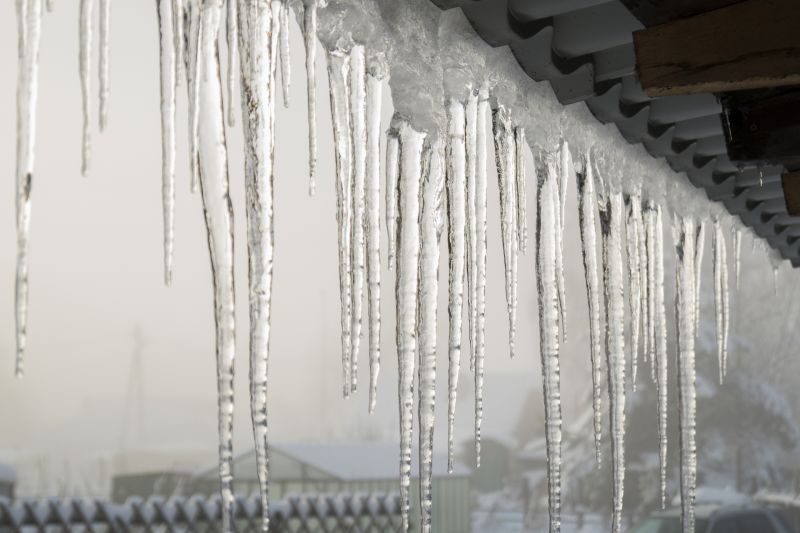
Ice buildup along roof edges indicating potential dam formation.
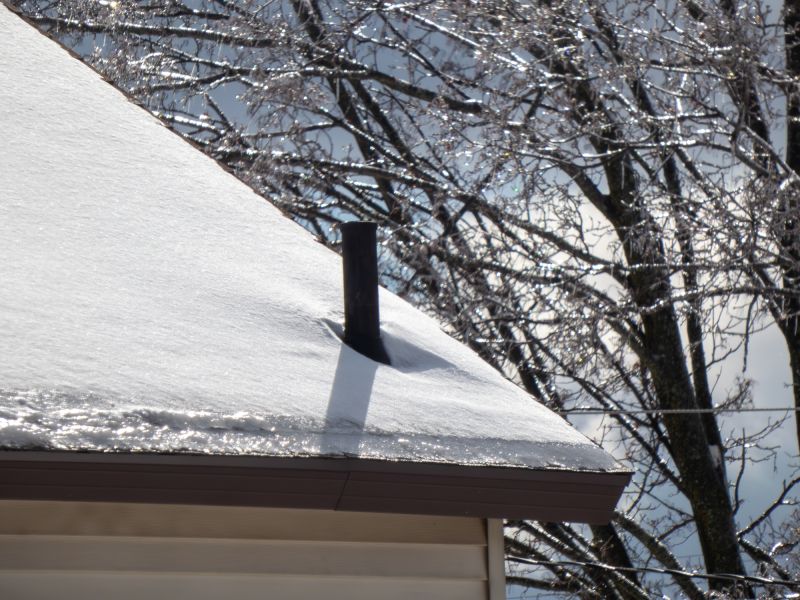
Snow and ice accumulation at roof edges during winter.
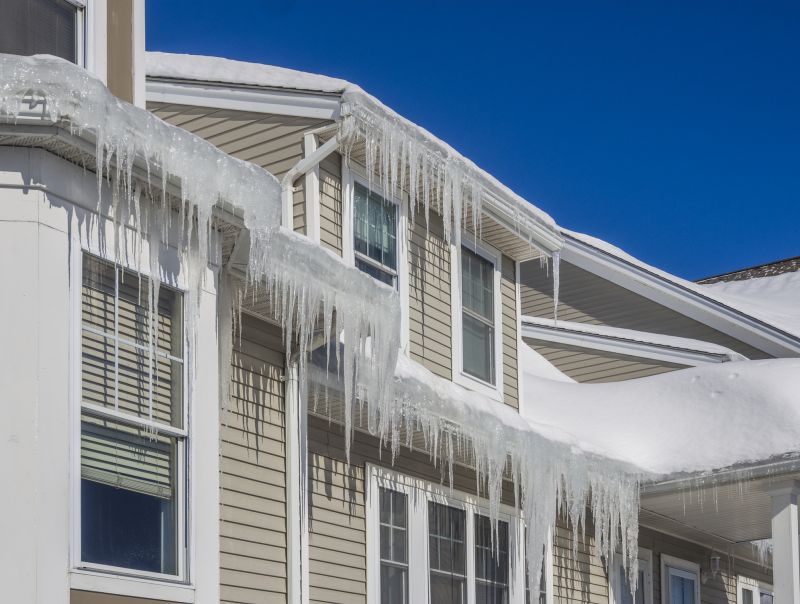
Tools used for effective ice dam removal.
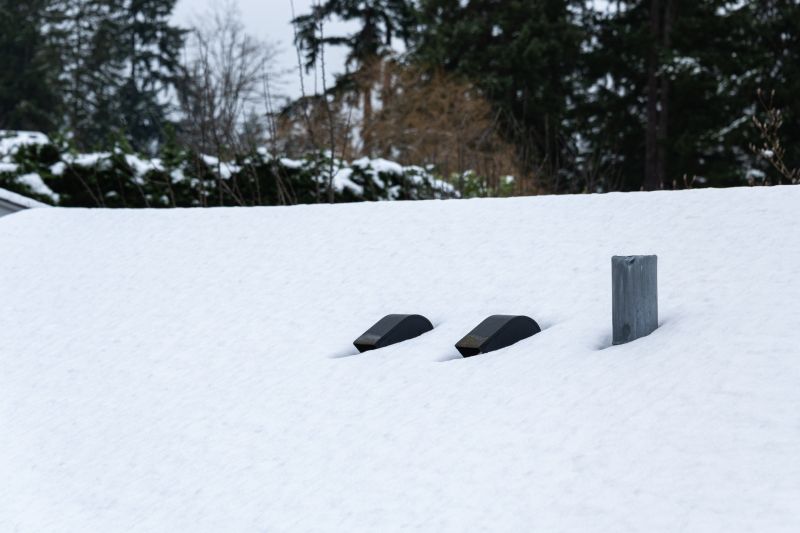
Ways to make Ice Dam Removal Service work in tight or awkward layouts.
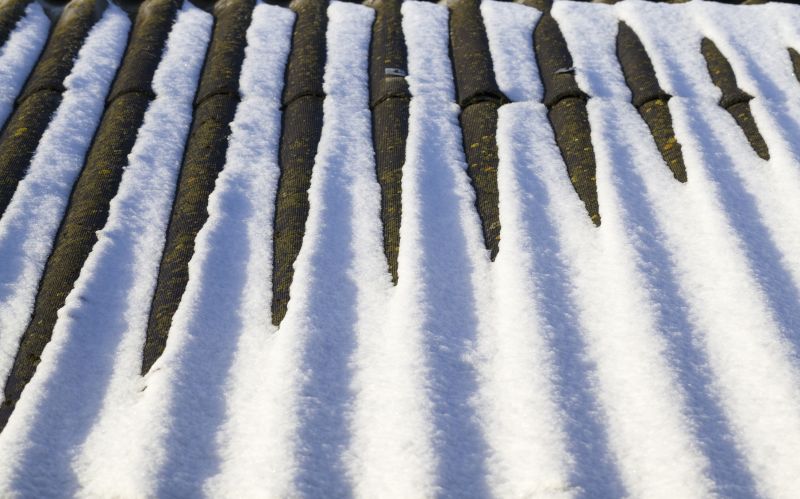
Popular materials for Ice Dam Removal Service and why they hold up over time.
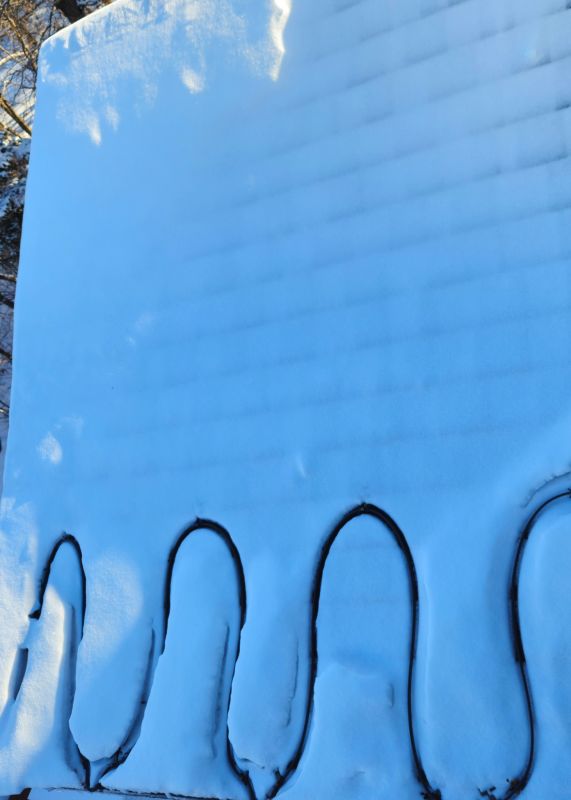
Simple add-ons that improve Ice Dam Removal Service without blowing the budget.
| Season | Ideal Timing |
|---|---|
| Late Winter | When snow begins to melt but before significant ice buildup. |
| Early Spring | As temperatures fluctuate around freezing, increasing melt. |
| Mid to Late Winter | Generally too early unless conditions favor melting. |
| After Heavy Snowfalls | Once snow has accumulated and begins to melt. |
| Before Roof Damage Occurs | Proactively during early signs of ice dam formation. |
Ice dam removal services are essential for preventing water infiltration and structural damage caused by ice buildup at roof edges. The process typically involves specialized tools and techniques to safely and effectively eliminate ice dams without damaging the roof. Timely removal reduces the risk of leaks, mold growth, and expensive repairs, especially during periods of fluctuating temperatures that promote rapid melting and refreezing cycles.
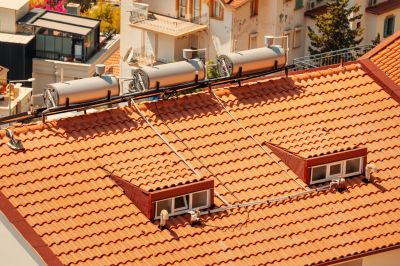
Technicians safely removing ice dams from a roof.
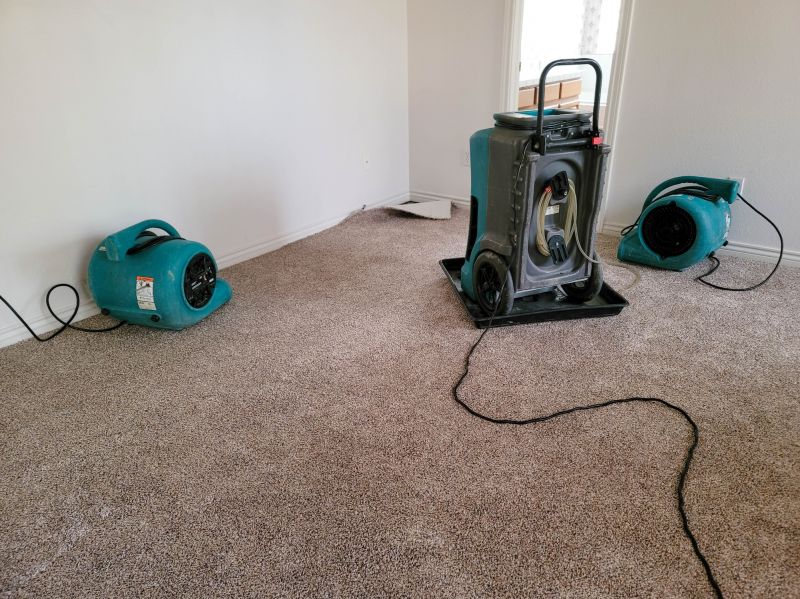
Specialized equipment used in the process.
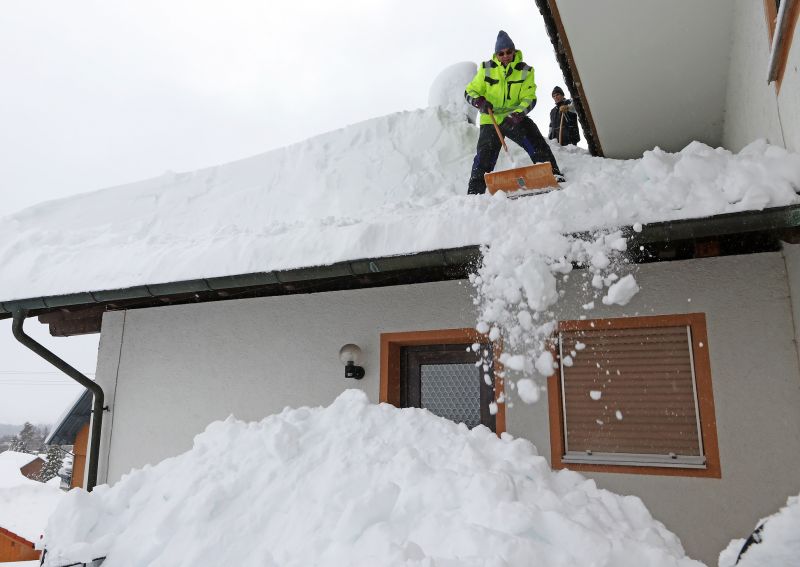
Clean roof edge after ice dam removal.
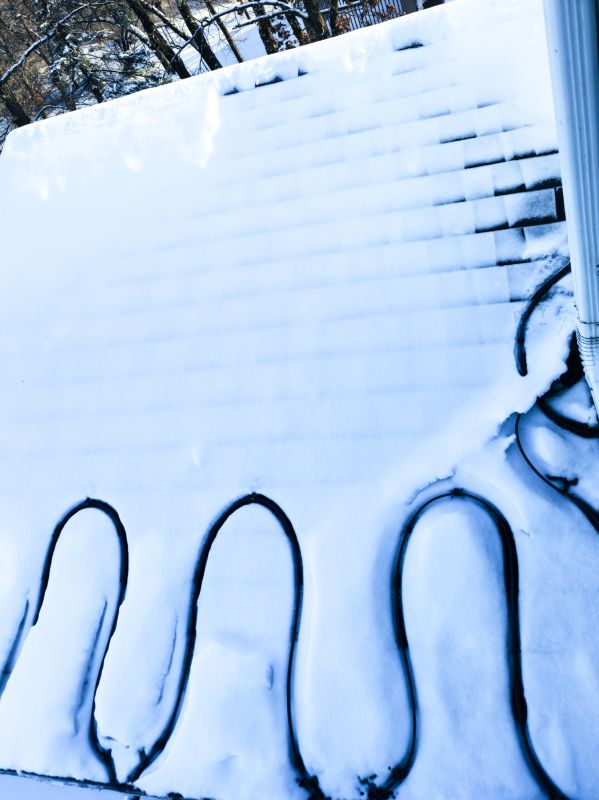
Proper attic insulation to reduce future ice dam risks.
Interested in addressing ice dam issues promptly? Filling out the contact form can provide more information and schedule an assessment to determine the best time for ice dam removal service. Early action helps protect the roof and prevent costly damages.
